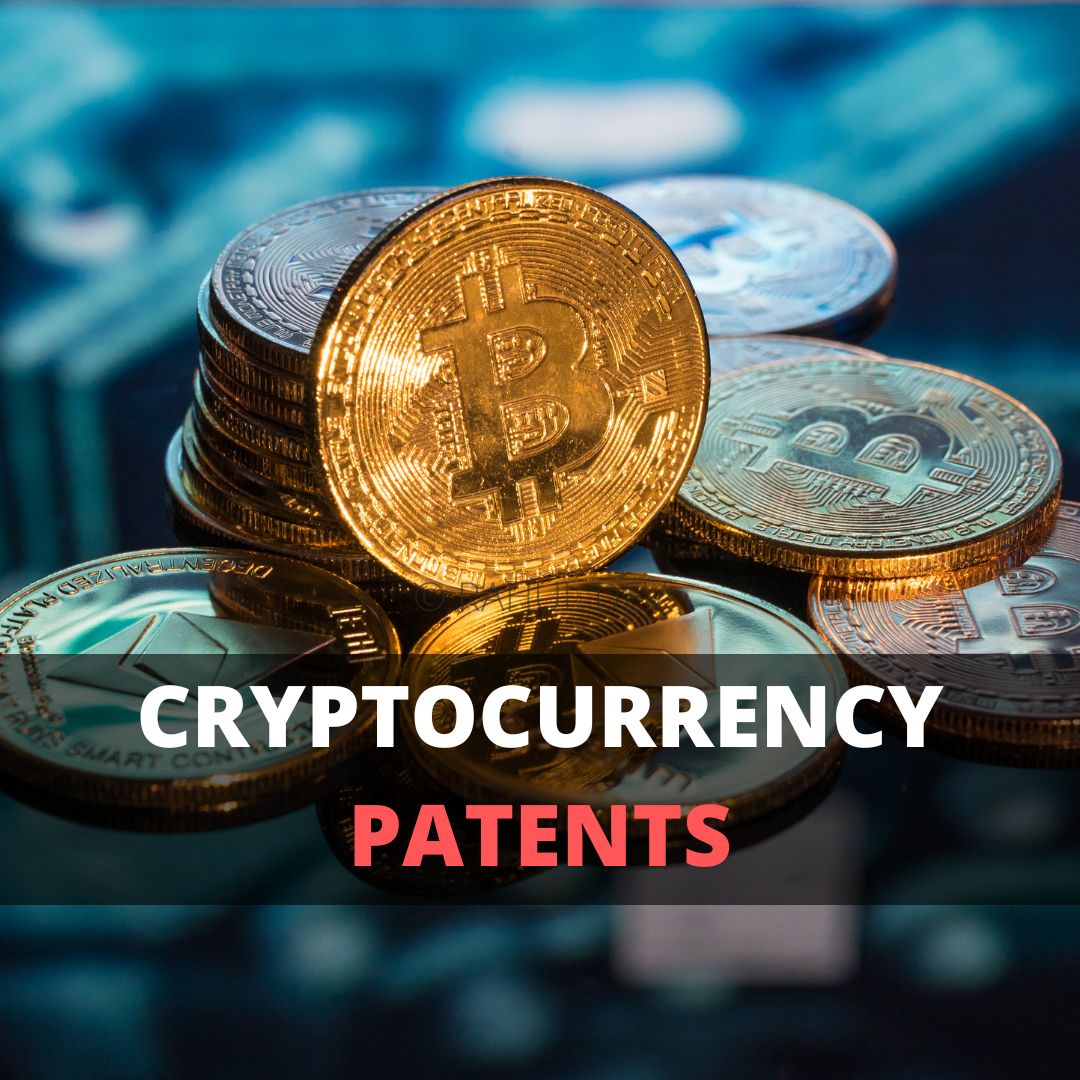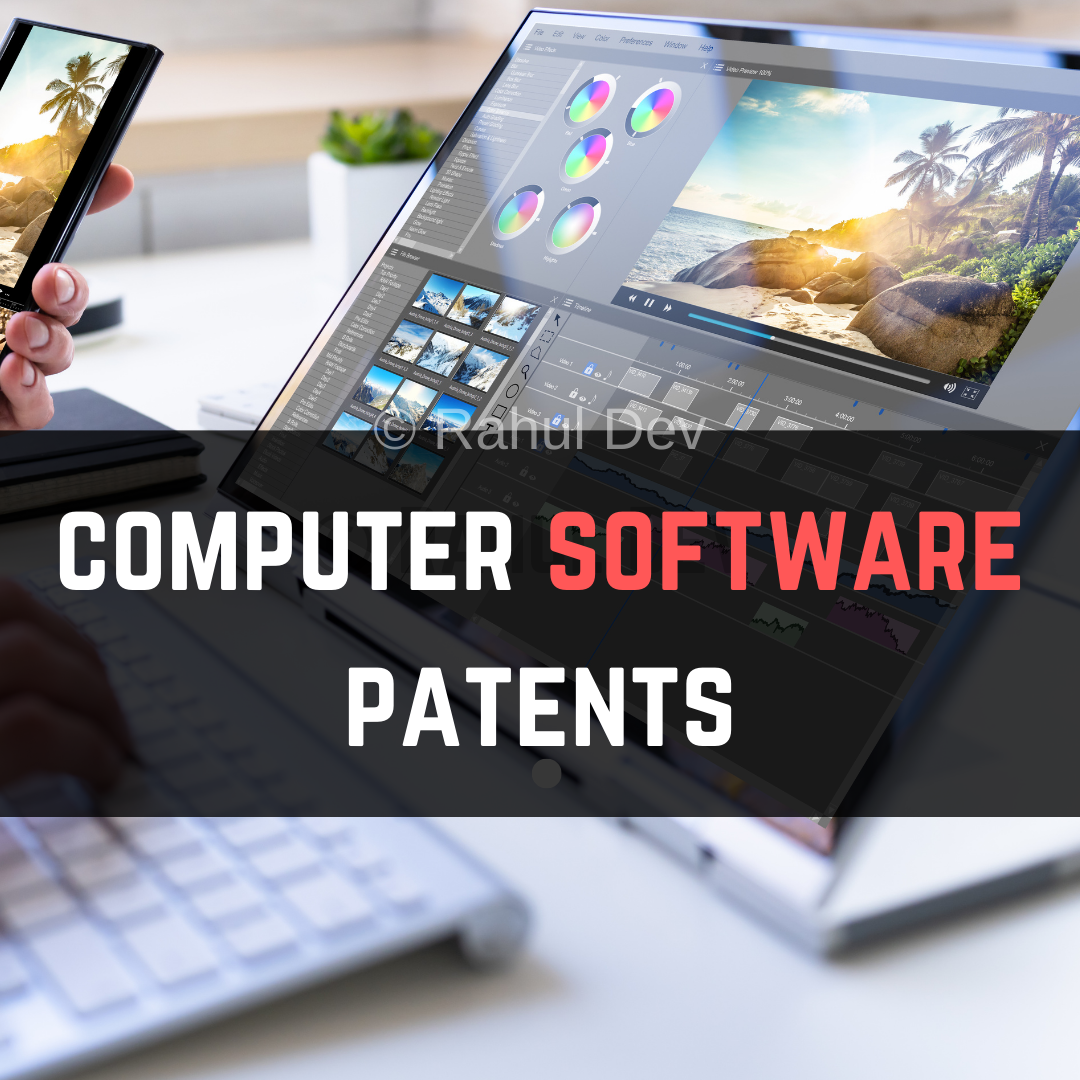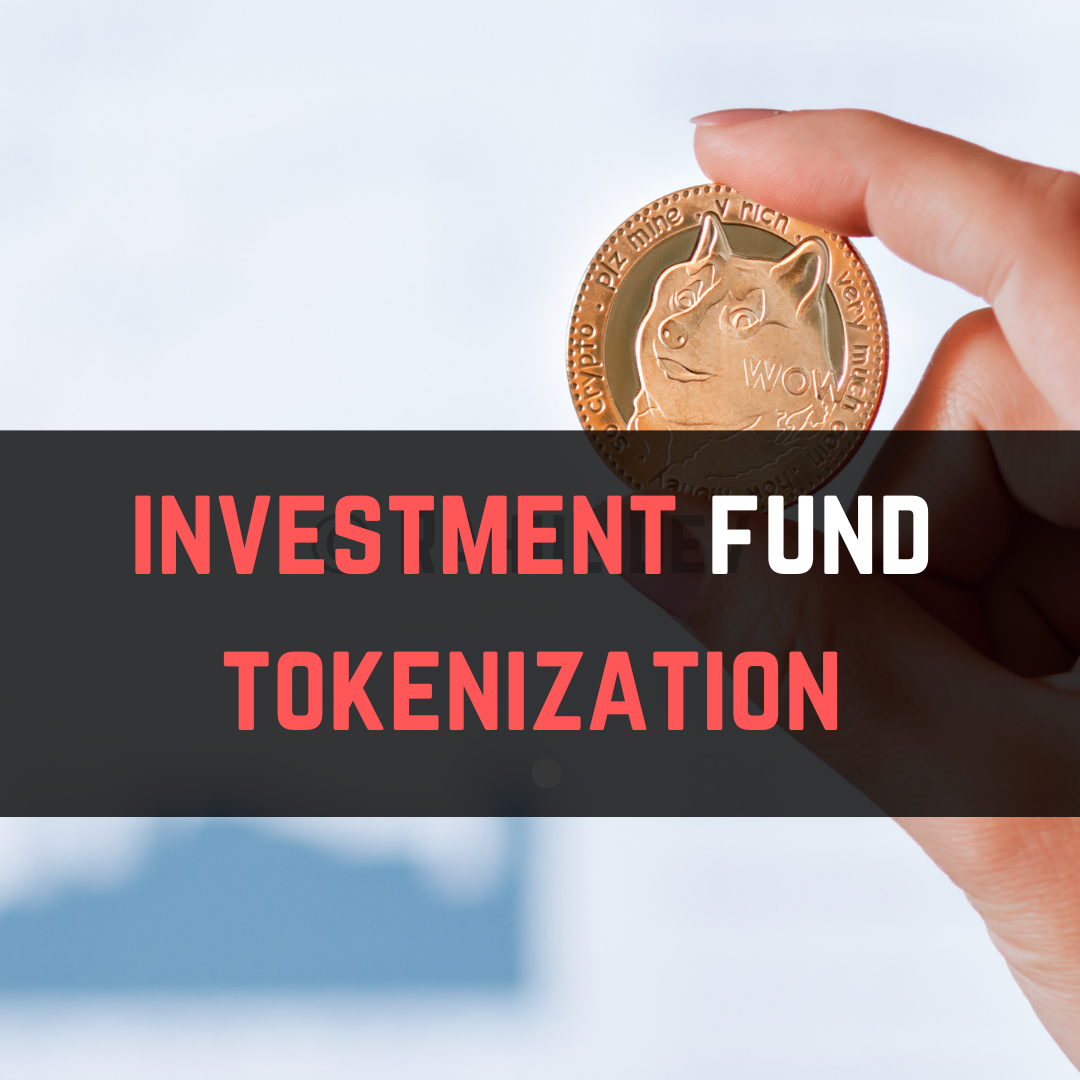
The cryptocurrency has become a global phenomenon. It has pushed the digitized world to adopt new levels. With the Internet of Things (IoT) and artificial intelligence (AI), cryptocurrency is evolving and challenging ongoing patent protection rules. Cryptocurrencies are a subset of virtual currency that utilizes cryptography so that fund transfer can be enabled between two parties without any third party getting involved during this process. In the past few years, countries such as Canada, India, the United States, the United Kingdom, and more have seen a rise in several patent application filings that are related to cryptocurrency.
Cryptocurrencies include significant potential since they share the same transformative qualities as the Internet. Many individuals and companies have made significant investments in such areas, patent protection laws must be implemented in every nation to protect such investments. In this article, we will discuss the meaning, types of cryptocurrency, examples, patent protection laws of crypto, patent issues, solutions and challenges.

Cryptos are digital currencies where it is impossible to double-spend or counterfeit. They are based on blockchain technology—where the various networks of computers enforce a distributed ledger. No central authority is responsible for issuing cryptos, so they do not face interference from ruling government bodies. Different types of cryptos verify currency ownership, exchange, and conduct transactions. As the value of cryptos has increased, many countries, such as the US, India, and more, have announced amendments to prevailing laws to tax cryptos.
Cryptos come with a cryptographic algorithm with complex encryption in the form of mathematical computation. All crypto transactions across the globe are monitored by decentralized distributed labour. Among the different types of cryptos, Bitcoin is the best known. However, others are Ethereum, Dogecoin, Litecoin, Monero, Stellar, and more. Cryptos offer several benefits over existing technologies. Many companies, such as Bank of America, Mastercard, IBM, and Microsoft, have filed patent applications for crypto-related technology as speculations related to crypto applications have reached an all-time high recently.
Although cryptos started as a libertarian movement, they soon found support from enterprises such as digital payment processors, banks, technology enterprises, credit card companies, and many more. Companies such as Tesla had tried to experiment with the idea of accepting payments in cryptos. However, other parties find it hard to apply this idea owing to the inherent instability associated with crypto value, due to which its daily practical use sounds challenging. El Salvador, in 2021 became the first country to announce that Bitcoin was now its official currency. With this decision, El Salvador citizens are allowed to use Bitcoin to pay for government services and taxes.
Many lawmakers have linked crypto patents to software patents to protect cryptography and application software. For example, Indian lawmakers argue that crypto-related inventions may not be patentable as such services merely take an old idea (crypto technology) and introduce a new use. Cryptos are based on algorithms that involve computer programs along with mathematical theory. As per Section 3(k) of the Indian Patent Act, computer programs along with algorithms are not considered inventions within the meaning of this act. This act lists that computer programmes, per se, are patent-ineligible subject matter ” where debate is going on regarding the interpretation of “per se”.
However, recently the Indian Patent office has granted patents that involved computer-related inventions. It indicates that under Section 3(k), such inventions are patentable if they provide a technical solution for some technical problem by introducing an improved technical effect or practical application of underlying software. A crypto-based service invention may be eligible for a patent if, after carefully considering claims, the invention improves on the underlying technology and has introduced a technical solution to a technical problem. However, there is no clarity regarding how such improvement should be determined. As cryptos run on the blockchain, where the former is databases or lists for recording transactions, hence as per 2017 CRI guidelines, it is excluded from patentability.
If you have considered applying for a blockchain patent, you are not alone. This technology’s diverse applications could render your innovation patentable. In reality, blockchain technology might be used to verify ownership of files and signatures. It could even establish the validity of a contract. The Patent Professor offers board-certified legal assistance for your cryptocurrency patent application, notwithstanding the difficulty of seeking a blockchain patent.
One of the greatest ways to file for a crypto patent is to examine the technology employed by other large corporations. Numerous of these crypto companies have already created their own technology connected to cryptocurrencies. While this may appear to be a dangerous endeavour, PayPal and Square have filed patent applications in the industry. In addition, a few of them have blockchain technology patents. However, numerous patent applications omit technology specifics. Because the USPTO requires an inventor to have particular technical knowledge in the field, this is the case.
As with any other technology, bitcoin patent applications must demonstrate a real outcome or a technological advancement. To obtain a patent for a cryptocurrency innovation, you must provide a thorough explanation of how the blockchain addresses a particular problem and enhances computer functioning. Additionally, you must provide a comprehensive analysis of the systems, subsystems, and components. This will allow you to present your invention in the most compelling and convincing manner.
In terms of specific examples of crypto patents, a thorough review of the blockchain patent landscape reveals that the latest patents cover a wide range of patent claims in this domain. A few examples include transaction validation in a distributed computing system, secure messaging service with digital rights management using blockchain, hybrid blockchain using non-crypto hashes, authentication chain using public key infrastructure, and the like.
In addition to the crucial points stated here relating to cryptocurrency patents, the future business models based on cryptocurrency innovation may regularly need assistance for Cryptocurrency Patent Searching. The results of a patent search report for cryptocurrency inventions and cryptocurrency projects can assist in determining if Patent Drafting for cryptocurrency is the next step for cryptocurrency patent protection via International Patent Filing along with cryptocurrency USPTO Patent Filing. In case of blockchain based business models adapted from cryptocurrency patents, utility token Legal Opinion Letters may also be needed for cryptocurrency projects, along with a set of applicable cryptocurrency contracts and cryptocurrency agreements.
Our team of advanced patent attorneys assists clients with patent searches, drafting patent applications, and patent (intellectual property) agreements, including licensing and non-disclosure agreements.
Advocate Rahul Dev is a Patent Attorney & International Business Lawyer practicing Technology, Intellectual Property & Corporate Laws. He is reachable at rd (at) patentbusinesslawyer (dot) com & @rdpatentlawyer on Twitter.
Quoted in and contributed to 50+ national & international publications (Bloomberg, FirstPost, SwissInfo, Outlook Money, Yahoo News, Times of India, Economic Times, Business Standard, Quartz, Global Legal Post, International Bar Association, LawAsia, BioSpectrum Asia, Digital News Asia, e27, Leaders Speak, Entrepreneur India, VCCircle, AutoTech).
Regularly invited to speak at international & national platforms (conferences, TV channels, seminars, corporate trainings, government workshops) on technology, patents, business strategy, legal developments, leadership & management.
Working closely with patent attorneys along with international law firms with significant experience with lawyers in Asia Pacific providing services to clients in US and Europe. Flagship services include international patent and trademark filings, patent services in India and global patent consulting services.
Global Blockchain Lawyers (www.GlobalBlockchainLawyers.com) is a digital platform to discuss legal issues, latest technology and legal developments, and applicable laws in the dynamic field of Digital Currency, Blockchain, Bitcoin, Cryptocurrency and raising capital through the sale of tokens or coins (ICO or Initial Coin Offerings).
Blockchain ecosystem in India is evolving at a rapid pace and a proactive legal approach is required by blockchain lawyers in India to understand the complex nature of applicable laws and regulations.
Read About Patent FIling Guide



